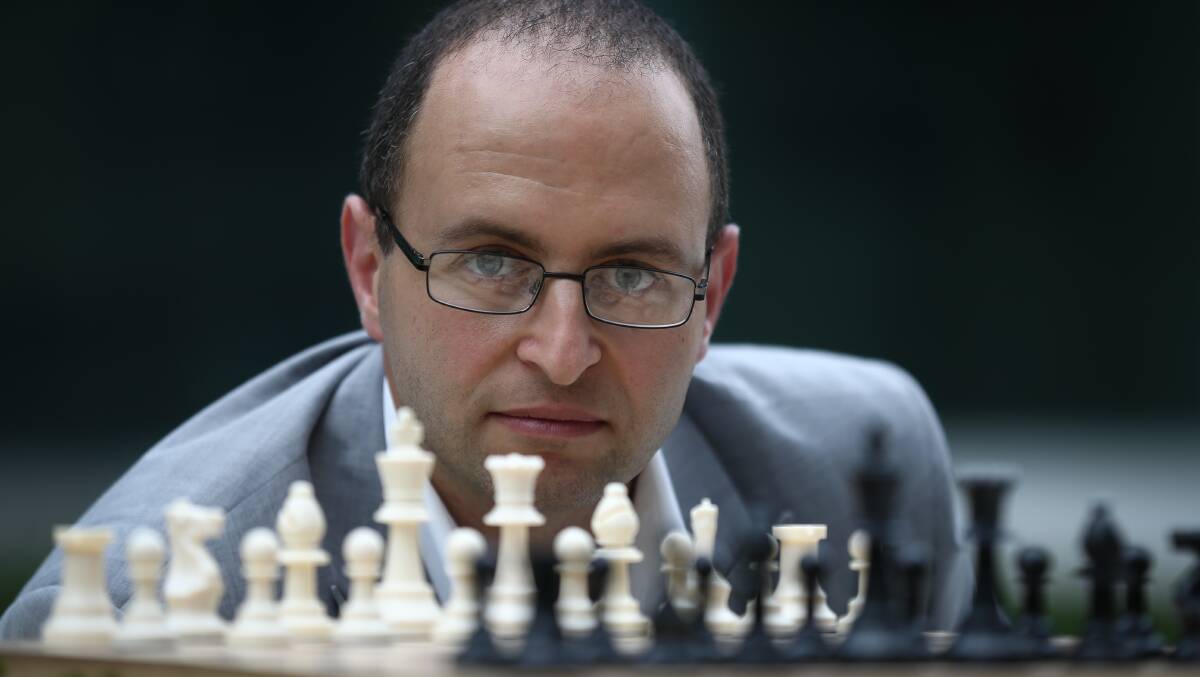
Should chess be made mandatory in primary schools to arrest Australia’s falling student performance?
Subscribe now for unlimited access.
or signup to continue reading
A Figtree economist is researching the benefits of the game to make the case for introducing it to the national curriculum.
A one-time Kanahooka High School chess champion and former policy advisor to Liberal Senator Arthur Sinodinos, John Adams will draw on international research pointing to the positive effects of the game on brain development.
He will look to examples including Armenia, which has made chess part of the curriculum for second, third and fourth graders since 2011, and Hungary, where the game was integrated into the national curriculum in 2013.
"In Australia our education system has been going backwards, according to OECD data, for 15 years, so I’m interested to see whether the public policy improvements reported in overseas countries can be [replicated] here," he said.
He says anecdotal examples from Canberra schools, where the game is taught during teacher relief time, have yielded good feedback from teachers, but there is little to no research in Australia on the game’s benefits.
He suggests the age-old game could have a role to play the very modern challenge of boosting competitiveness in the knowledge economy.
"In any industry, whether agriculture or mining, the level of sophistication or complexity that people use in producing goods and services has increased with more science and technology," he said.
"For us to be globally competitiive but also to increase our living standards, we will have to compete in the knowledge economy with a greater level of complexity, particularly around high-tech innovation and manufacturing.
"Not only do we need people with more skills, but also with the ability to solve complex problems and the ability to think outside the box.
"Analytical capacity and cognitive ability are very key to ensuring we have a workforce that not only has technical, but also has critical thinking skills they can use with either inventing or producing goods and services."
His policy paper, expected out next year, will examine the game’s potential good in areas including mental health, learning development of special needs children - particularly children with autism, "at risk" children and in the criminal justice system, as a rehabilitative tool.

